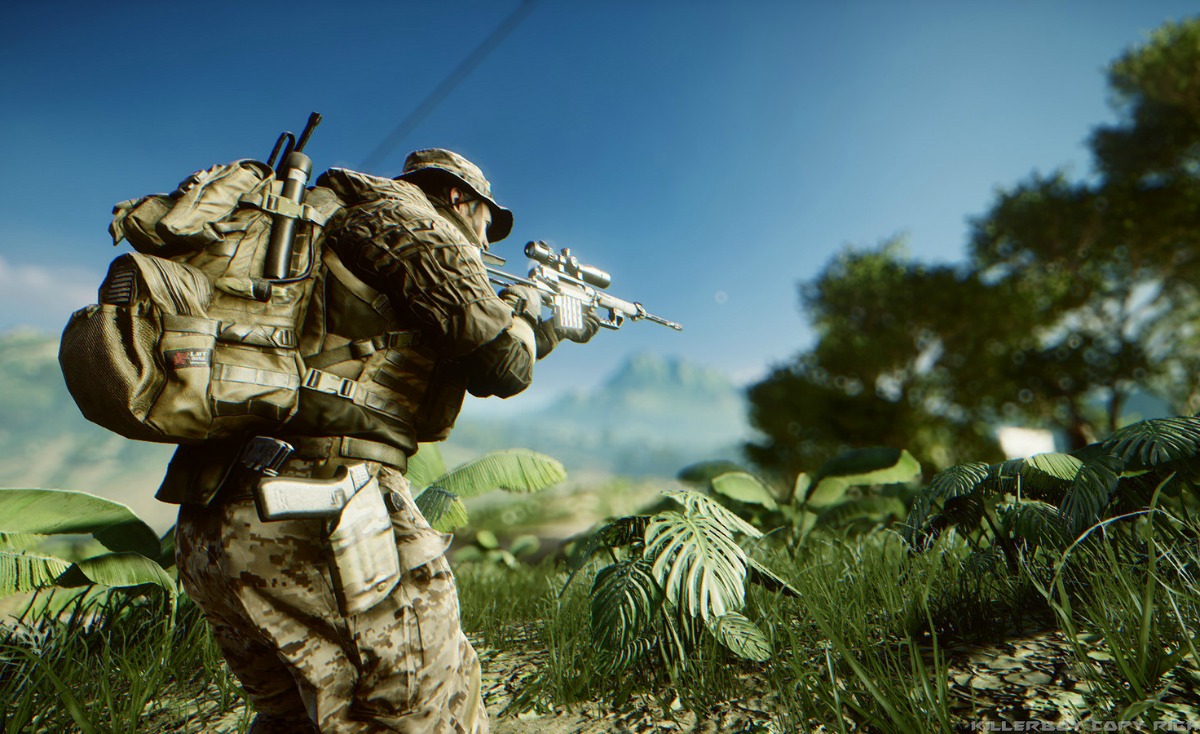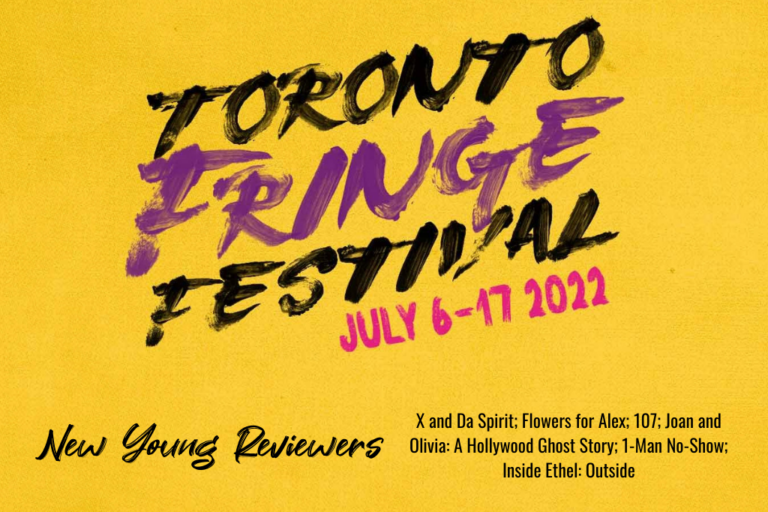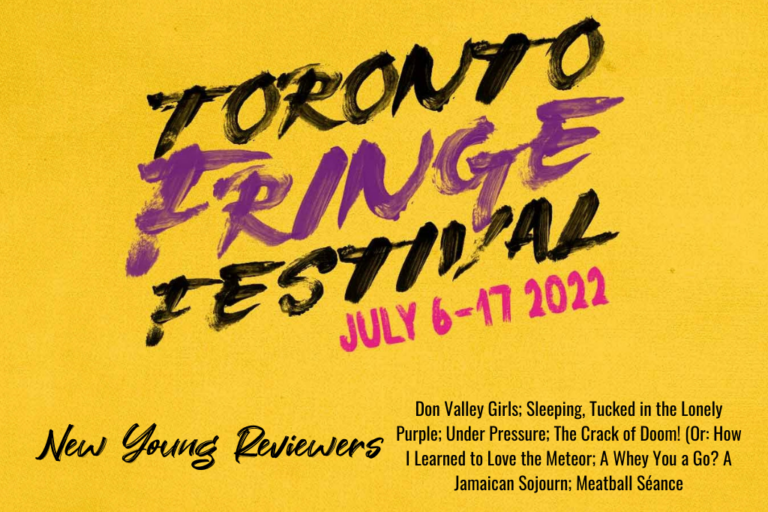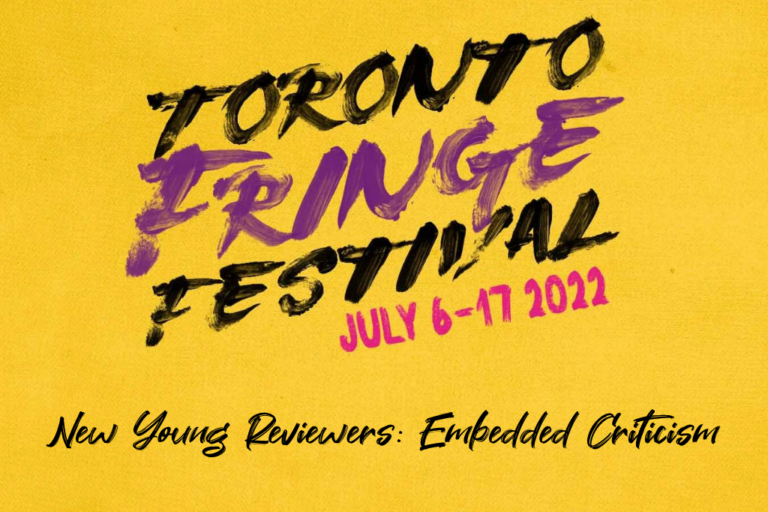Virtual vs. Visceral
“Twitter and Facebook and Myspace; all that stuff makes you warped. We’ve all basically given ourselves data entry jobs. I’ve actually heard people say things like, ‘Aw [s**t], I have to update my Twitter.’ Really? You have to? That’s a big priority for you?”
– Louis C.K.
Our entire lives are screens, if you think about it. You’re reading this on a screen. The sum total of human knowledge is found behind a screen. Our entertainment, our news, and how we tell people what is going on in our lives—all on screens. Even what happens in physical reality… You could say that we screen the things we say and do, depending on the audience. There’s a modern adage: “Pics or it didn’t happen.” When we have access to cameras and platforms with instantaneous capability to share, and nobody to censor what or how we do so, this might as well be true.
Louis C.K. argues the reverse. That we are sacrificing our lives to virtual reality, that we live in a culture of convenience where even things that are considered permanent institutions have become temporal and deterministic, and that we consume so voraciously that we threaten to eat right through the fabric of human culture and into this capitalistic, consumptive void. It’s now the case that our personalities, our popularity, our success in social interaction and professional development are only as good as the brands we are now responsible for creating and maintaining.

A scene from War Tapes
When playwright Christian Metaxas and I set out to develop War Tapes, it was with this dichotomy in mind, and to the best of our ability we tried to remain neutral. An argument can be made that we are all reliant on technology, social media, and instantaneous consumption, and an equally valid argument can be made that we need to rid ourselves of these unworthy distractions that take us away from what’s visceral and right in front of us.
The title War Tapes comes from a sound setting on Battlefield 4, where the game’s sound settings allow you to select the “war tapes” option, replacing in-game sound with the sounds of real war. We have managed to distill the most violent, extreme aspect of human interaction into a little-known element of a video game. But the two don’t compare at all, of course. The existence of the “war tapes” option would make it easy to argue that mass consumption removes our ability to be effective moderators to what is physical.

A scene from War Tapes
Given this extreme example, I think each of us might like to agree with Louis C.K.: that technology is eating up too much time, that cellphones are destroying social interaction, and that if something doesn’t change soon, we’ll all be living in the Matrix with our consciousness uploaded for convenience. We are sacrificing our understanding of reality for entertainment. But without social media and the internet, we would lose jobs throughout entire industries, we would lose access to audiences we value and require for art, we would lose outlets for creativity, we would lose opportunity, and we would be without the ability to share as though distance and borders were bygones.
There are a whole slew of other areas that are overlooked when you paint the internet as evil in broad strokes. Are friendships invalid because two people have never met in real life? No, of course not. We value our friends beyond physical barriers, distance, or time. Facebook has made connecting with the ones we love who are far away much easier; it has commercialized and simplified friendship, not undermined it. Is the significant other you met online subpar because you didn’t meet in some unlikely, in-person scenario? Depending on which statistic you read, more and more relationships are starting between people who have never physically met. In many ways, it’s not only easier but safer to meet people online before you ever come into contact—and at that point, you already know them. What’s the difference?

A scene from War Tapes
It’s easy to forget, when we have things like the “war tapes” sound setting in a video game, that one of the reasons there was so much opposition to the Vietnam War was that it was the first mass-marketed human conflict. It was technology that allowed us to see the horror of war in our living room, and we all vowed to do something about it. Today our lives, the news, the things that happen in our world—they’re at our fingertips. Knowledge has become mainstream, easily accessible and universal. This isn’t a negative. It’s the great equalizer. The tools we’ve been given by the Internet to change the way we experience and engage with reality and to augment our realities do not necessarily need to undermine it. Maybe they even enhance it, in some cases. Either way, it might just be the great issue of the information age.
War Tapes is on at the Factory Theatre Mainspace from June 30 to July 9 as part of the Toronto Fringe Festival.
Click here for tickets or more information









Comments